This is a crowdsourced album created by members of the Primary Sources in Elementary Education group in the TPS Teachers Network. It is a useful collection of Library of Congress photos of community helpers selected for use in PreK-2 classrooms.
Christmas is found at the Library of Congress. Here are just of a few blogs, and other articles that I found with a quick search. Please feel free to add to the fun. Christmas is coming quickly!
https://www.loc.gov/everyday-mysteries/technology/item/who-invented-electric-christmas-lights/
https://blogs.loc.gov/headlinesandheroes/2021/12/an-international-christmas-quiz/
https://www.loc.gov/item/today-in-history/december-25/
https://blogs.loc.gov/law/2021/12/capitol-christmas-tree-pic-of-the-week-2/
https://guides.loc.gov/chronicling-america-yes-virginia?&loclr=reclnk
https://blogs.loc.gov/law/2010/12/twas-the-day-after-christmas/
https://blogs.loc.gov/music/2015/12/sheet-music-of-the-week-a-world-war-i-christmas/
https://blogs.loc.gov/music/2022/12/ill-be-home-for-christmas/
https://blogs.loc.gov/now-see-hear/2015/12/santa-claus-speaks/
Looking at Perspective: How Children Play.
. Coal miner's children play in front yard, Chaplin, West Virginia. Chaplin West Virginia United States, 1938. Sept. Photograph. https://www.loc.gov/item/2017752783/.
Pre K - 2
3 - 5
Special Education
English/Language Arts
Physical Education

https://pz.harvard.edu/sites/default/files/Step%20In%20-%20Step%20Out%20-%20Step%20Back_2.pdf
Looking at perspective: How Children Play.
Using these primary sources in the near 1940’s, have your students look at the way children play (I was intentional to pick various locations in the United States.) Students can look at how a child’s environment affects their play or what they play. Students can also compare their own play and how their play is the same and different. Using the thinking routine by Harvard’s Project Zero, Step In, Step Back, Step Out, allow students time to take each “thinking step” to examine each source.
 Cheryl Best
- Your positive focus on play and recreation is certain to be engaging for students of all ages :-)
Cheryl Best
- Your positive focus on play and recreation is certain to be engaging for students of all ages :-)
The primary source set Children's Lives at the Turn of the Twentieth Century also provides valuable materials along with a Teacher's Guide on this topic.
Looking at Perspective: How Children Play.
. Coal miner's children play in front yard, Chaplin, West Virginia. Chaplin West Virginia United States, 1938. Sept. Photograph. https://www.loc.gov/item/2017752783/.
Pre K - 2
3 - 5
Special Education
English/Language Arts
Physical Education

https://pz.harvard.edu/sites/default/files/Step%20In%20-%20Step%20Out%20-%20Step%20Back_2.pdf
Looking at perspective: How Children Play.
Using these primary sources in the near 1940’s, have your students look at the way children play (I was intentional to pick various locations in the United States.) Students can look at how a child’s environment affects their play or what they play. Students can also compare their own play and how their play is the same and different. Using the thinking routine by Harvard’s Project Zero, Step In, Step Back, Step Out, allow students time to take each “thinking step” to examine each source.
. Coal miner's children play in front yard, Chaplin, West Virginia. Chaplin West Virginia United States, 1938. Sept. Photograph. https://www.loc.gov/item/2017752783/.
Pre K - 2
3 - 5
Special Education
English/Language Arts
Physical Education

https://pz.harvard.edu/sites/default/files/Step%20In%20-%20Step%20Out%20-%20Step%20Back_2.pdf
Looking at perspective: How Children Play.
Using these primary sources in the near 1940’s, have your students look at the way children play (I was intentional to pick various locations in the United States.) Students can look at how a child’s environment affects their play or what they play. Students can also compare their own play and how their play is the same and different. Using the thinking routine by Harvard’s Project Zero, Step In, Step Back, Step Out, allow students time to take each “thinking step” to examine each source.
Testimonials
- I love that there is new info on the site daily!
- I had a wonderful time working with the Library of Congress and learning about all of the resources at my fingertips!
- The TPS Teachers Network has an equal exchange of ideas. You know it's not a place where you're being judged.
- My colleagues post incredibly fine resources and ideas....the caliber of the suggestions and resources make me feel that I take a lot from it. It's a takeaway. And I hope that I can give back as much as I get.
- Going into this school year, I have a fantastic new resource for my own instruction and to share with my colleagues!
- I am very glad that I discovered the TPS Teachers Network through RQI. Great resources can be hard to find out there on the internet!

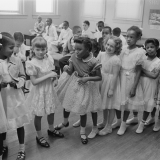


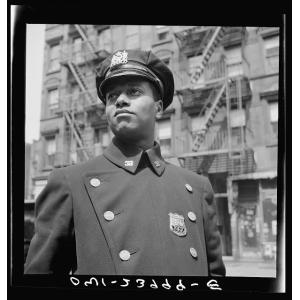
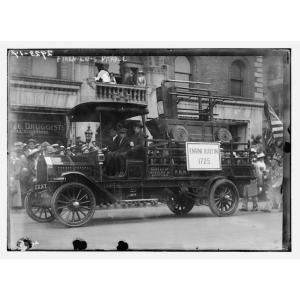
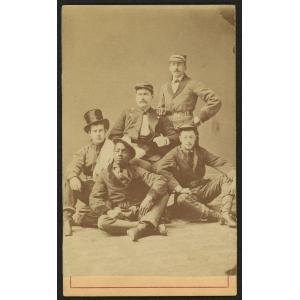
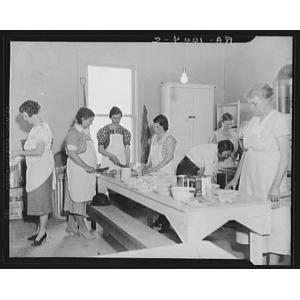
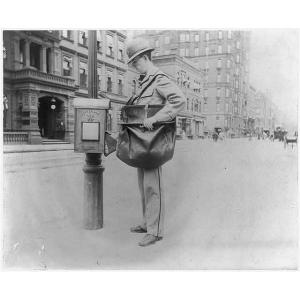
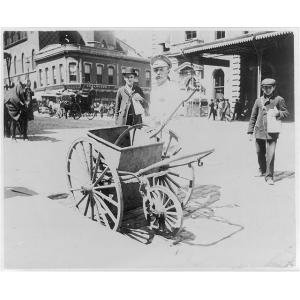
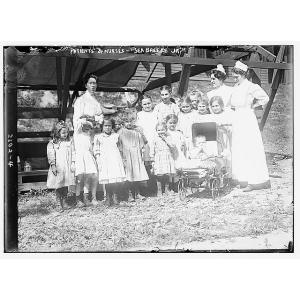
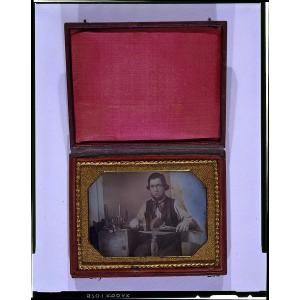
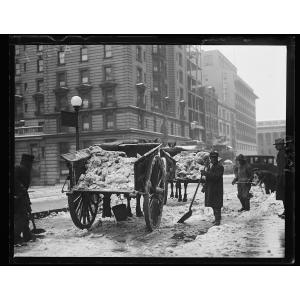
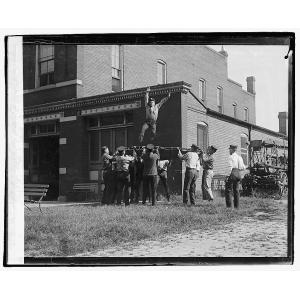
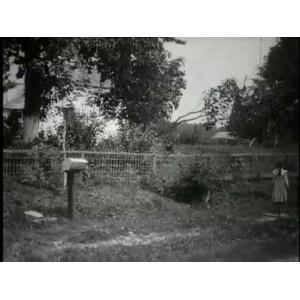
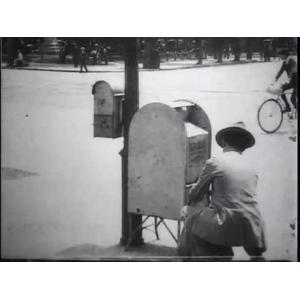
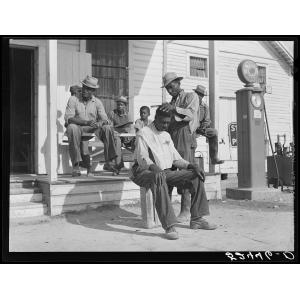
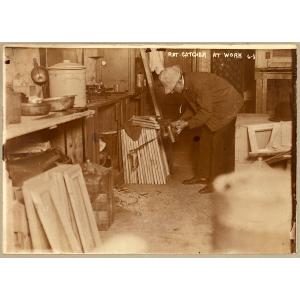




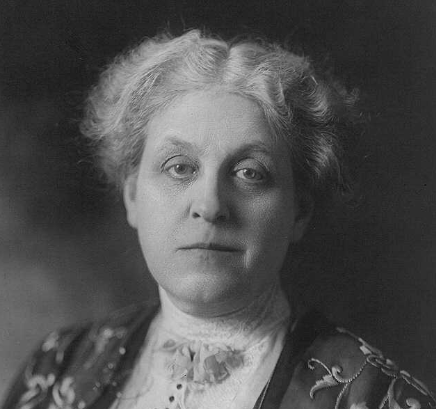
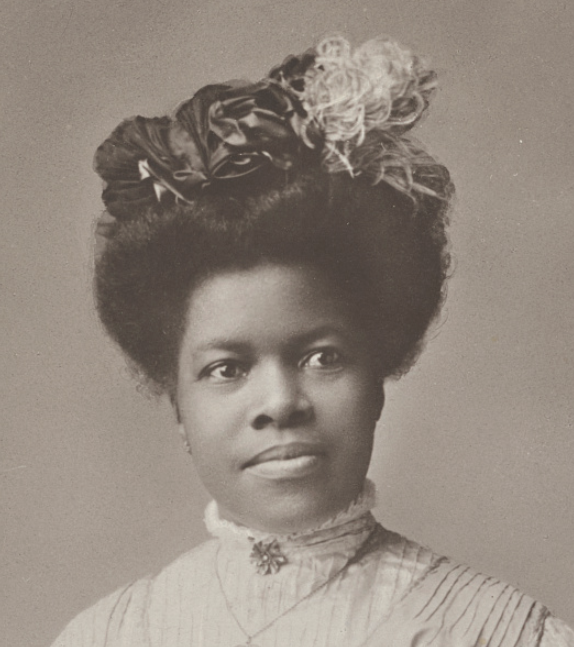
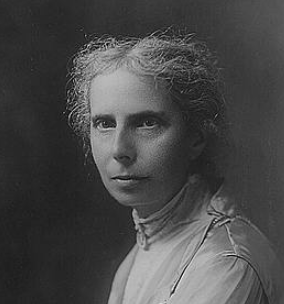
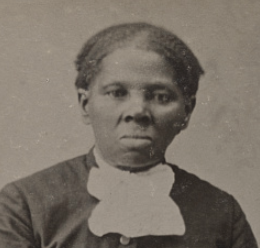


Wonderful photographs and great lesson idea
Cheryl Best! Good way to start some analysis - having little learners connect to what they know “playing” and “children”.
Thanks
Margaret Lincoln for the additional link. Students will also be fascinated with the playground equipment (and clothing). So different than today’s much improved safety features!
https://www.loc.gov/item/2016804598/